In a move that has reignited fears of a new nuclear arms race, US President Donald Trump reiterated on Friday his intention to resume nuclear weapons testing but again refused to clarify whether he was referring to live explosive tests. His ambiguous remarks have heightened global unease and triggered a chorus of condemnation from world leaders, peace advocates and non-proliferation experts.
Speaking to reporters aboard Air Force One on his way to Florida, Trump said, “You’ll find out very soon, but we’re going to do some testing, yeah and other countries do it. If they’re going to do it, we’re going do it.” When pressed on whether he meant explosive detonations, he added only, “I am not going to say.”
The statement followed his surprise announcement on social media a day earlier posted just minutes before a summit with Chinese President Xi Jinping in South Korea in which the 79-year-old Republican leader declared his intent to order testing of US nuclear weapons. The statement immediately sparked confusion and alarm among diplomats, with many noting that no country other than North Korea has conducted an explosive nuclear weapons test in over three decades.
Russia and China have not carried out such detonations since the 1990s, while the United States’ last live test occurred in 1992 under President George H.W. Bush. Since then, Washington has relied on computer simulations and subcritical experiments to maintain the reliability of its nuclear stockpile under the moratorium that Bush imposed.
Global backlash and renewed nuclear anxieties
Trump’s declaration comes amid rising international tensions following Russia’s announcement that it had tested a nuclear-powered, nuclear-capable torpedo and a new cruise missile. The timing of Trump’s statement, framed as a response to rival powers has been widely interpreted as an attempt to project US strength but has instead drawn sharp criticism from allies and adversaries alike.
Will US have the same right to question Iran if it resumes nuclear testing?
Iran’s foreign ministry called Trump’s directive “regressive and irresponsible.” Foreign Minister Abbas Araghchi went further on social media, accusing Washington of hypocrisy: “A nuclear-armed bully is resuming testing of atomic weapons. The same bully has been demonising Iran’s peaceful nuclear program.”
Having rebranded its “Department of Defense” as the “Department of War”, a nuclear-armed bully is resuming testing of atomic weapons. The same bully has been demonizing Iran's peaceful nuclear program and threatening further strikes on our safeguarded nuclear facilities, all in… pic.twitter.com/ft4ZGWnFiw
— Seyed Abbas Araghchi (@araghchi) October 30, 2025
Impact Shorts
More ShortsIn Japan, where memories of Hiroshima and Nagasaki remain vivid, the atomic bomb survivors’ group Nihon Hidankyo submitted a formal protest to the U.S. embassy. The Nobel Peace Prize-winning organisation wrote that the move “directly contradicts the efforts by nations around the world striving for a peaceful world without nuclear weapons and is utterly unacceptable.”
Divided voices within Washington
Despite global outrage, several senior members of the Trump administration defended the president’s position. Défense Secretary Pete Hegseth described resuming testing as a “pretty responsible” step, arguing that it would ensure the effectiveness of America’s nuclear arsenal. Vice President JD Vance echoed that sentiment, insisting that the weapons must be periodically tested to guarantee they “function properly,” though neither official specified whether the administration was planning subcritical or live explosive trials.
However, the administration’s silence on the specifics has fuelled uncertainty about whether Trump intends to break with decades of bipartisan adherence to the Comprehensive Nuclear-Test-Ban Treaty (CTBT). The US signed the treaty in 1996, joining 185 other nations in pledging to ban all atomic test explosions, but has never formally ratified it.
The ambiguity has prompted concern that Trump’s statement could undermine the fragile global testing norm and encourage rival powers to follow suit. United Nations Secretary-General Antonio Guterres, through a spokesperson, warned that “nuclear testing can never be permitted under any circumstances,” urging Washington to maintain its moratorium and recommit to non-proliferation efforts.
Russia, China and the spectre of escalation
Moscow, which recently showcased new nuclear-capable weapons, pushed back against any suggestion that its activities justified Trump’s move. Kremlin spokesperson Dmitry Peskov dismissed the idea that Russia’s weapons trials amounted to nuclear testing and implied that Trump had been misinformed. “The recent weapons drills cannot in any way be interpreted as a nuclear test,” Peskov said, adding pointedly, “We hope that the information was conveyed correctly to President Trump.”
Yet Peskov also hinted that Russia could respond in kind if the US were to proceed with live detonations, raising fears of a renewed tit-for-tat dynamic reminiscent of the Cold War.
According to the Stockholm International Peace Research Institute (SIPRI), Russia currently holds about 4,309 deployed and stored nuclear warheads, compared to 3,700 for the United States and roughly 600 for China. These figures exclude hundreds of warheads awaiting dismantlement but they underline the vast destructive capacity still in existence, even amid decades of arms control efforts.
A turning point for global non-proliferation
If Trump follows through on his threat, analysts warn it could dismantle one of the cornerstone achievements of post-Cold War diplomacy: the near-universal halt to nuclear test explosions. Since 1992, every US president — Republican and Democrat alike has upheld the testing moratorium. A decision to resume testing would shatter that consensus, potentially prompting reciprocal tests by Russia, China or even emerging nuclear states.
The broader fear is that such a move could erode global confidence in existing treaties, complicate arms control negotiations, and push the world closer to a destabilising new arms race. As one senior European diplomat put it, “If the United States resumes nuclear tests, it won’t just be about one explosion in the desert — it will be about the collapse of decades of restraint.”
For now, the world is waiting to see whether Trump’s rhetoric will turn into action. But as diplomatic pressure mounts and global anxiety deepens, one thing is clear: the president’s words have already shaken the fragile balance of nuclear deterrence and raised troubling questions about what comes next.
With inputs from agencies


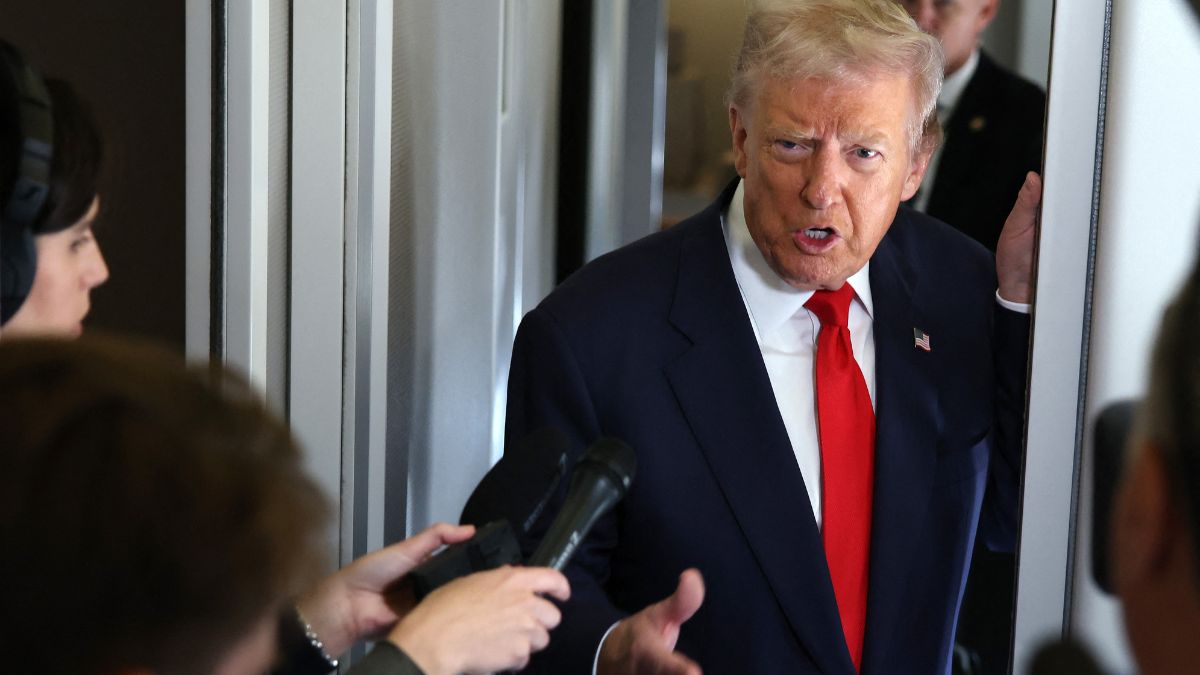)
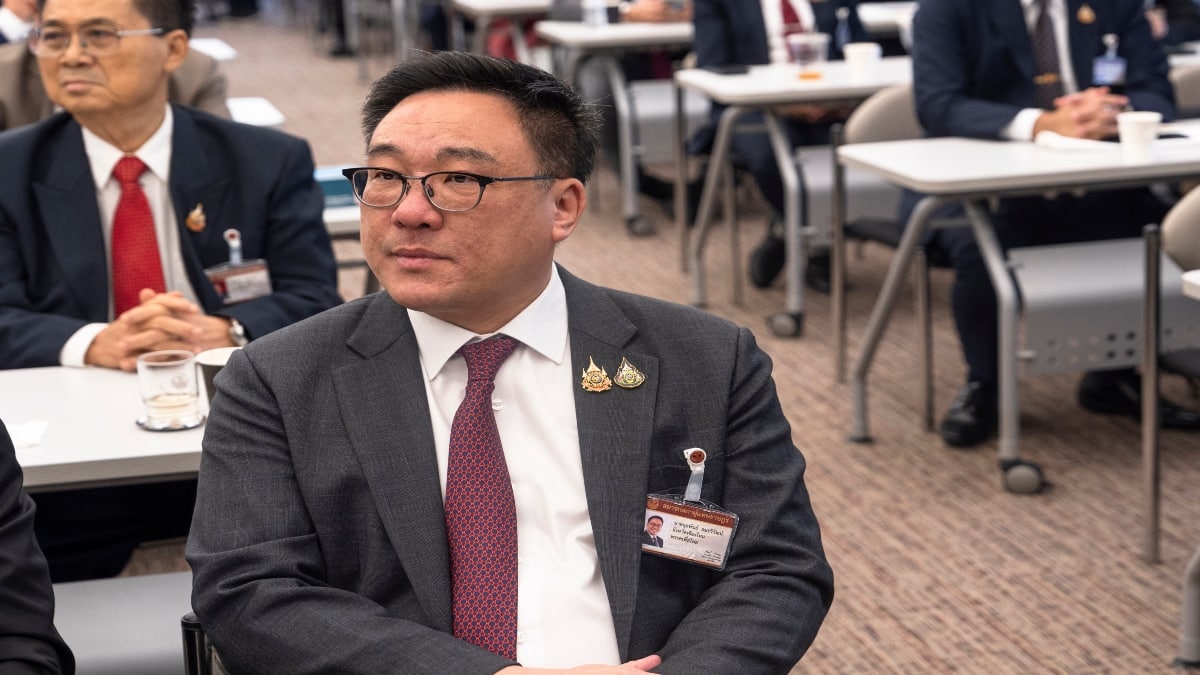
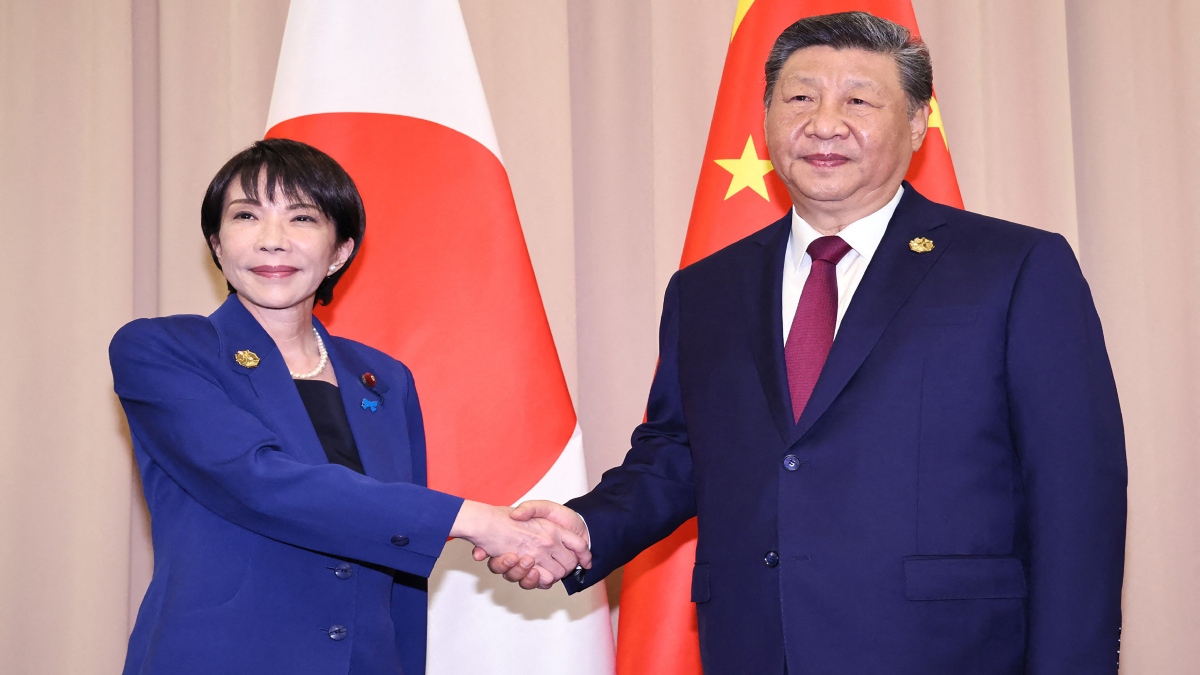)
)
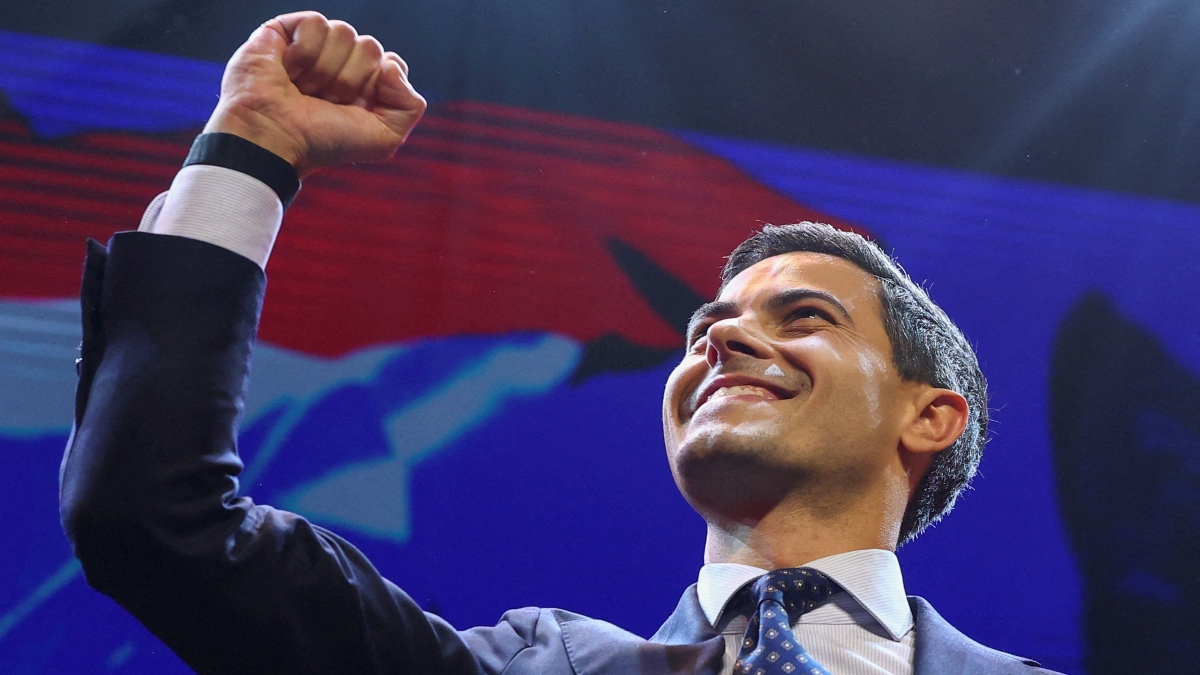)
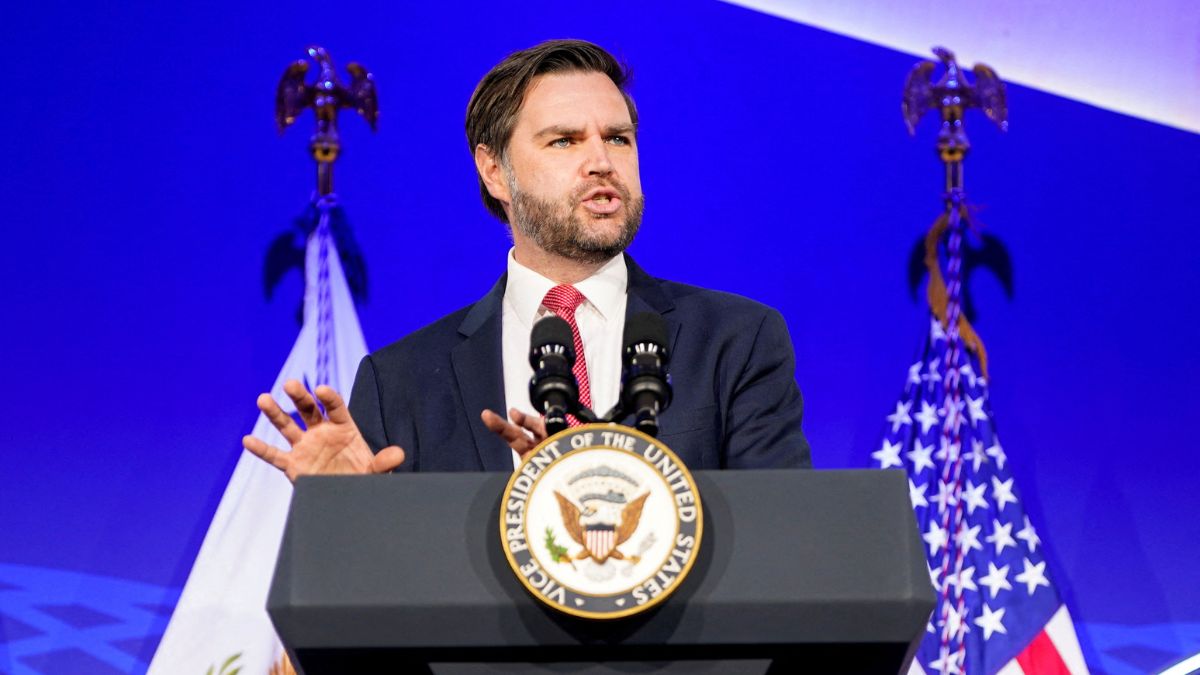)
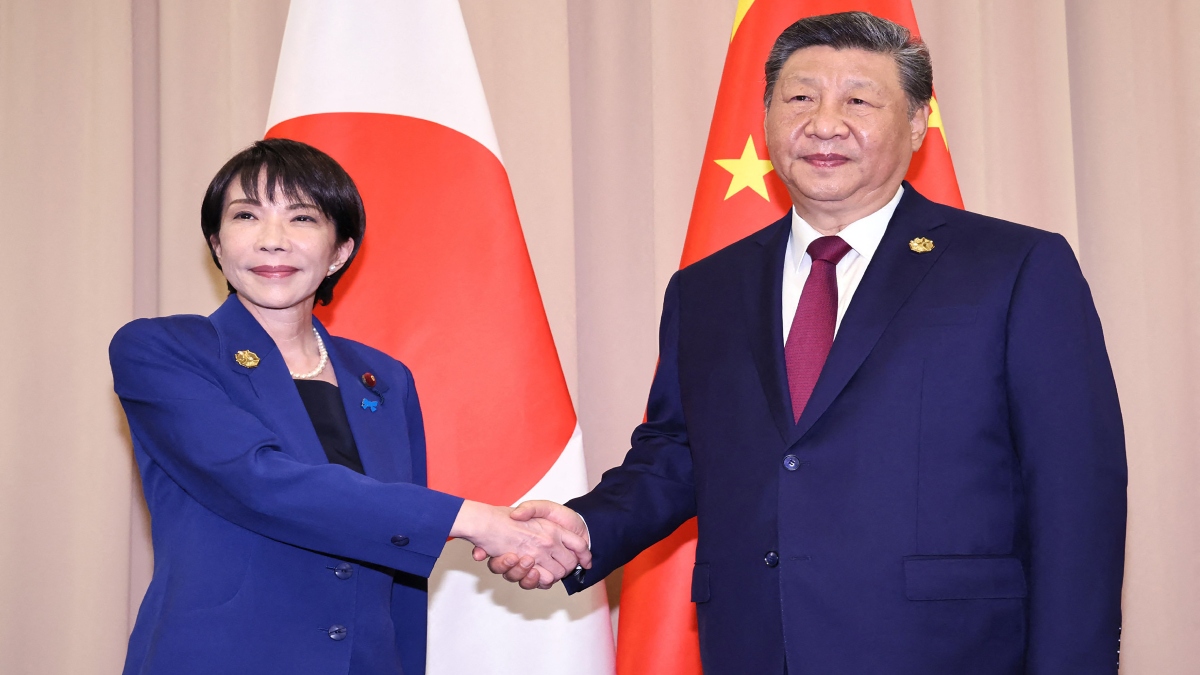)
)
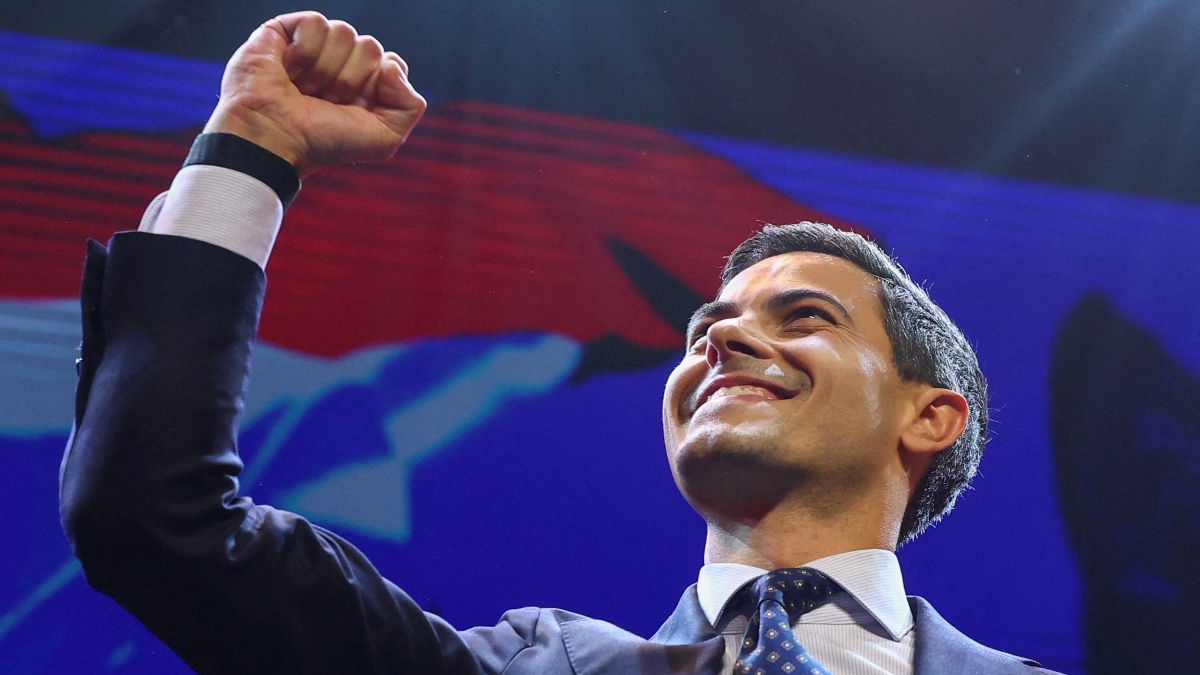)
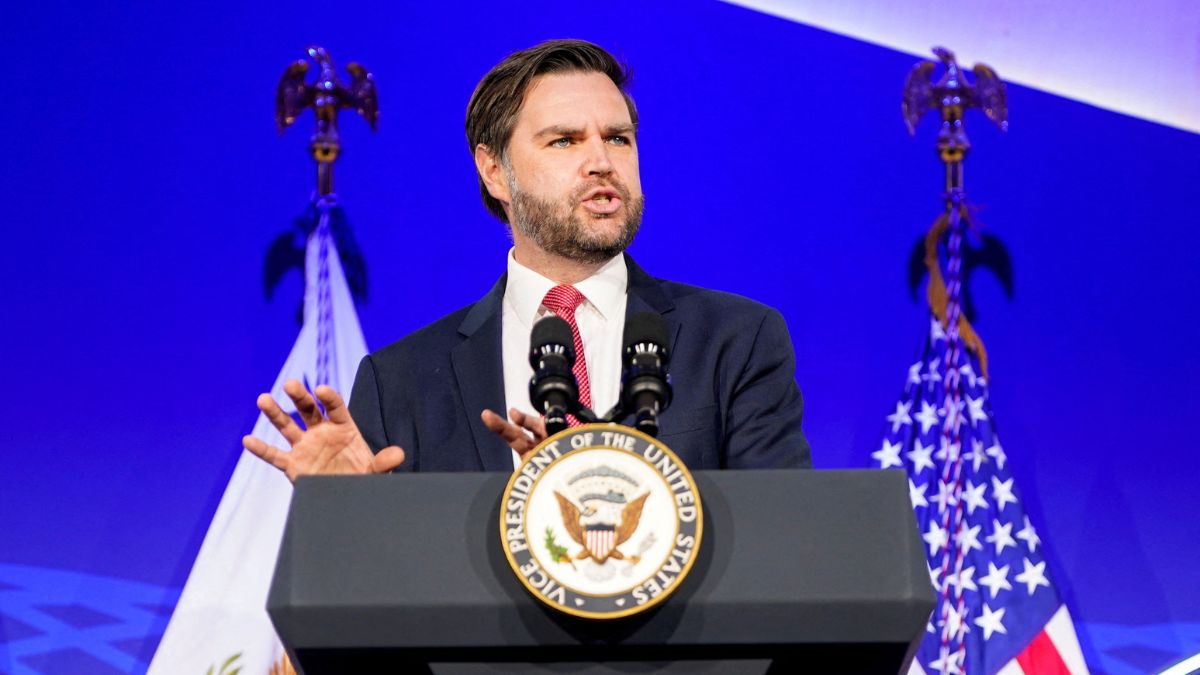)



